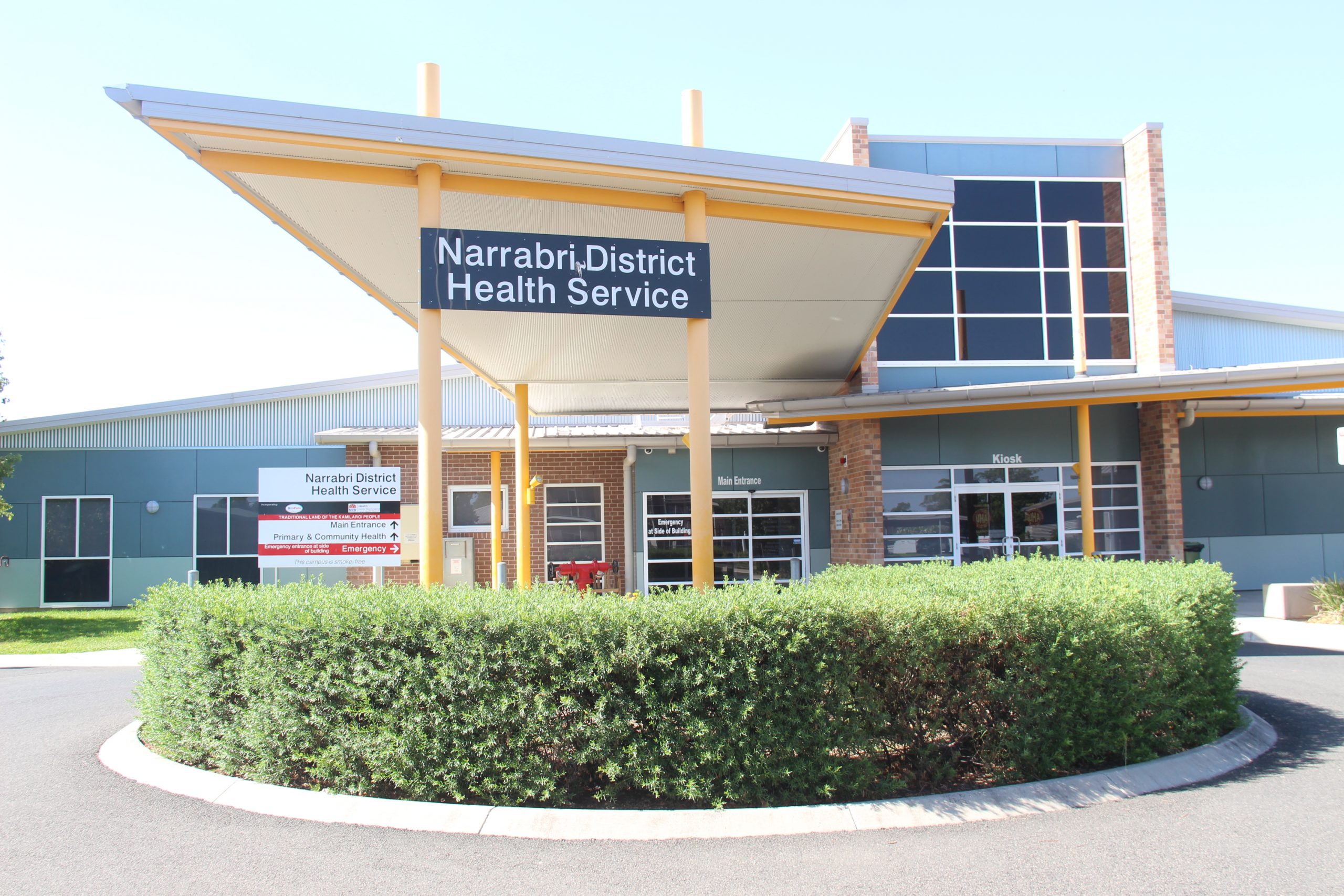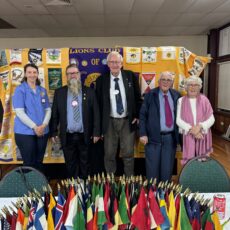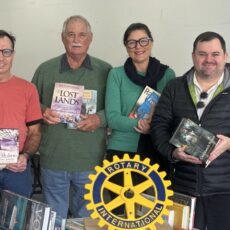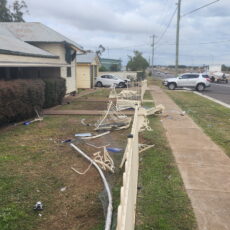A review of funding models for rural and regional local health districts, including the Hunter New England district, which is responsible for the provision of health services in Narrabri Shire, is the lead recommendation from a parliamentary inquiry.
The findings from the inquiry into health outcomes and access to health and hospital services in rural, regional and remote New South Wales were published in an extensive document, with wide-ranging recommendations submitted by the committee.
The inquiry has also recommended a priority review of the Isolated Patients Travel and Accommodation Assistance Scheme.
Reimbursement rates for accommodation and per kilometre travel should be increased, the inquiry has recommended. Earlier this year, Member for Barwon Roy Butler renewed calls to reform the scheme, describing the rates as inadequate and reimbursement forms as complex.
Following the release of the inquiry’s findings, Mr Butler has urged the NSW government to implement recommendations for the scheme quickly.
The inquiry has also recommended expanding eligibility criteria for the assistance scheme as well as streamlining the application process.
More frequent and appropriately timed affordable transport services and a review for funding for air transport are also among the recommendations.
The report noted concerns from the NSW Nurses and Midwives’ Association about a lack of support for midwives, in relation to a local mother’s comments on the impact of a lack of services.
As part of the submission process, the woman told the inquiry she was able to access a midwife at Wee Waa Hospital for the birth of her first two children.
However, the state of services changed with the arrival of her third child and she was required to travel to Narrabri Hospital.
The woman said it is unreasonable for pregnant women to have to make an 80 kilometre round trip to Narrabri to attend the clinic, particularly when they may work and have other parenting responsibilities.
The NSW Nurses and Midwives’ Association echoed similar concerns in its submission.
“It seems unreasonable and unfair to us that women living in rural, regional and remote areas of NSW do not have access to the same standard of maternity care that their counterparts in the city receive,” the association said.
“Nor is it acceptable to us that midwives are constantly working in isolation and have limited access to routine education opportunities.
“Maternity services in these areas are grossly insufficient, as is staffing. The association remains concerned about inappropriate skill mix and many new midwives working in these areas without adequate support.”
Wee Waa Chamber of Commerce voiced concerns about a decline in services at Wee Waa Hospital in its submission, saying it had heard disturbing accounts of poor access to healthcare in the town and surrounding district.
Karen Carter, pharmacist and owner of pharmacies in Narrabri and Gunnedah, provided examples of services introduced at her two sites as well as additional services that could relieve pressure on the health system.
Chair Greg Donnelly said throughout this inquiry, the committee repeatedly heard about individuals and families let down by the health
system.
“We heard stories of emergency departments with no doctors; of patients being looked after by cooks and cleaners; of excessive wait times for treatment; and of misdiagnoses and medical errors,” he said.
“This evidence is by no means a reflection on the NSW Health staff working tirelessly in challenging circumstances; rather it is an indictment of the system that has allowed this situation to develop.
“Overall, the committee has found that residents of rural, regional and remote New South Wales have poorer health outcomes and inferior access to health and hospital services, and face significant financial challenges in accessing these services, compared to their metropolitan
counterparts. This is a situation that can and should not be seen as acceptable.”
Following the committee’s release of findings and recommendations, the NSW government said it reaffirmed its commitment to
strengthening healthcare in rural and regional NSW.
Minister for Regional Health Bronnie Taylor said the inquiry shone a light where it needed to, hearing directly from rural and regional communities, patients, their families and healthcare workers.
“To those who shared their deeply personal experiences, thank you. The NSW government has listened and accepts that there is a need to do more to improve patient care in regional and rural locations,” Mrs Taylor said.
“Implementing bold new measures to attract key health workers to work in our regional health facilities and retaining that workforce will be a key focus of mine – everything is on the table when it comes to improving health outcomes in rural and regional NSW.”
Mrs Taylor said the NSW government will also look at improving patient access to care, and work with their federal counterparts to expand and integrate primary care models, including the GP workforce.
“Since stepping into the role as Minister for Regional Health, I have made it a priority to understand and address a number of issues that we know are affecting our health system in the regions, and the findings from the Inquiry will feed into this work,” Mrs Taylor said.
The NSW government is expected to hand down a formal response to the parliamentary inquiry in the coming months.
To order photos from this page click here











